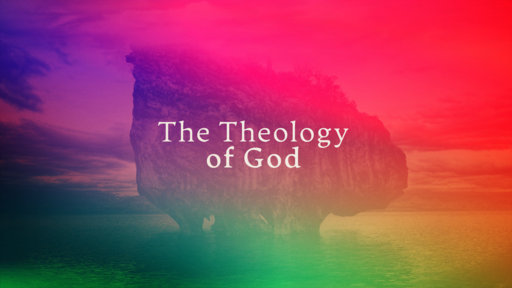009 - 01 - Lesson 1: The Importance of Knowing God

What does it mean to “know God”? https://youtube.com/live/W9J7UkS9Vt0?feature=share
The Importance of Knowing God
1. Where are we? What is the material universe we see around us? Where did it come from, or has it always been here? Is it real? Why and how does it exist, and does it have any purpose or destiny?
2. Who are we? What does it mean to be human? Are we just the same as the rest of the animals on this planet or different from them in some way? What (if anything) makes us special or unique? Why are we the dominant species, and is that a good or bad thing?
3. What’s gone wrong? Universally, humans believe that things are not how they are supposed to be, or at least not what they could or should be. We live in the midst of a world gone wrong, between ourselves and between us and the natural order. Why is this? What caused this wrongness to be the dominant reality of human life on earth?
4. What’s the solution? Universally, humans also seem to believe that things could be fixed and made better, and all kinds of solutions are proposed—by religions and philosophies, by politicians and reformers, even by revolutionaries and anarchists. Who is right? Is there anything we can do to solve the human predicament? Is there any escape, or salvation, from the mess we are in? Is there any hope for the world?
